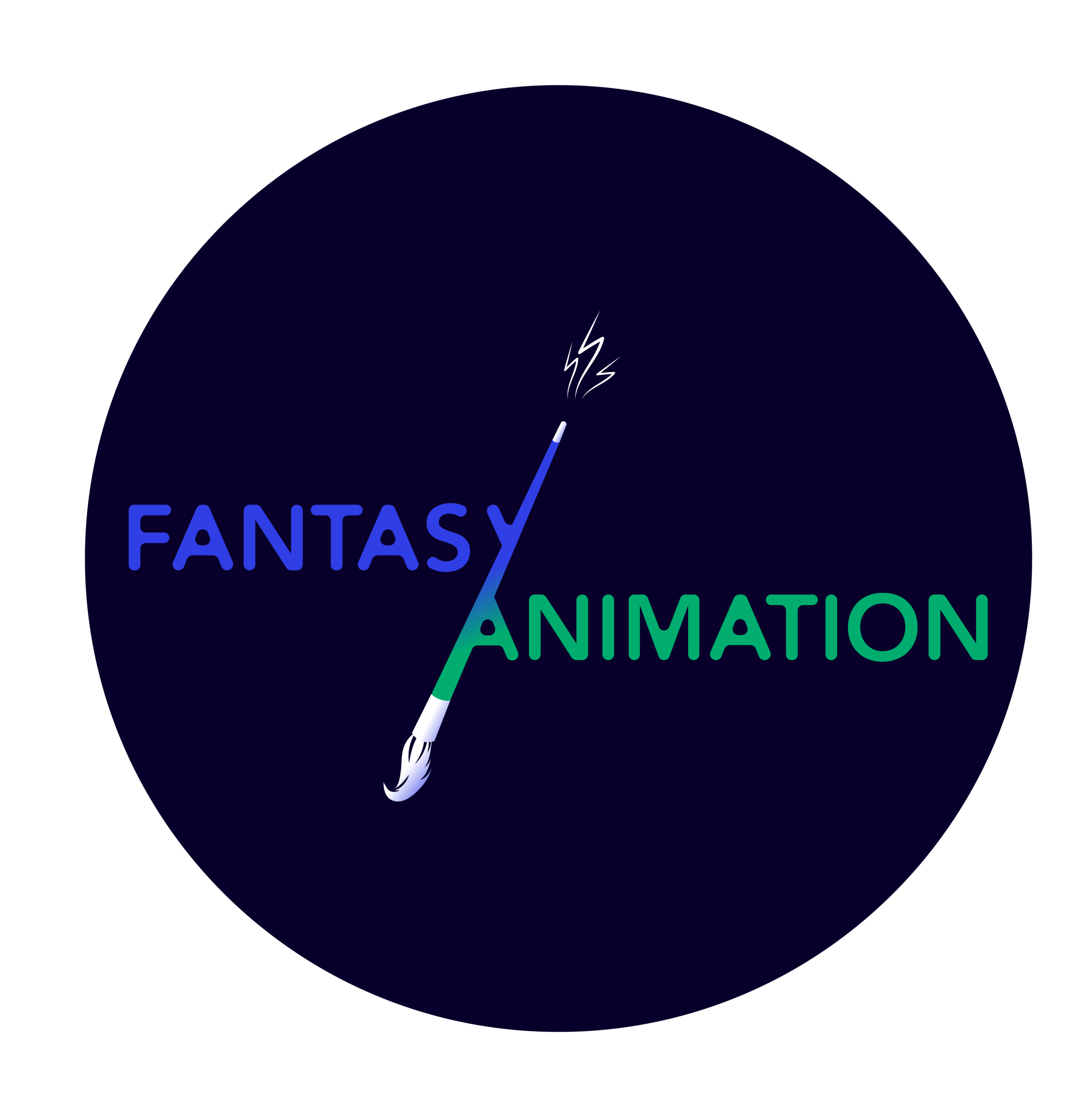The Fantasy/Animation Footnotes complete their unofficial ‘psychoanalysis trilogy’ with this look at object relations and a branch of psychoanalytic approaches to film that emerged as a competing way of thinking about cinema linked to the development of the conscious minds of children.
Read MoreThe Fantasy/Animation Footnotes return to psychoanalysis in order to make sense of the world through gazing and gaze theory. Alex once again takes the lead in discussing Laura Mulvey’s seminal work on the gaze but also how it offers just one way of thinking about the topic, drawing instead on Lacanian psychoanalysis to distinguish between the qualities of looking and gazing.
Read MoreListen as Alex takes Chris through the desires and distresses of psychoanalysis in this new Fantasy/Animation Footnote, working through its status as a branch of psychological theory and the contribution of the seminal work of Sigmund Freud.
Read MoreFantasy/Animation welcomes back special guest Professor Terry Lindvall to the podcast to continue the discussion of C.S. Lewis, this time with a focus on Lewis’ own work on fairy stories and the value the writer places on the importance of the ‘unexpected’ in fairytales as a mode of narration.
Read MoreThe Fantasy/Animation Footnotes continue with this latest examination of the many ‘rhetorics’ of fantasy that accounts for the mechanics by which fantasy writers can and do achieve their fantastical effects. Drawn from Farah Mendlesohn’s influential work on fantasy literature Rhetorics of Fantasy (2008), this Footnote has Alex reflect on the categorisation of fantasy and the value of Mendlesohn’s self-declared “tour around the skeletons and exoskeletons of the genre” to distinguish and divide kinds of storytelling practices.
Read MoreFollowing up episodes on hyper-realism and photorealism, this latest instalment completes the unofficial Fantasy/Animation ‘realism’ trilogy (!) by focusing on the history, politics, and aesthetic concerns of surrealism.
Read MoreThe story of phantasy (with a ‘ph’) forms the basis of this latest Footnote episode, a term that is as muddy and complex as its more familiar ‘f’ counterpart. Whereas ‘fantasy’ is associated with carefree, escapist enjoyment in the imagination, phantasy describes a process of meaning making within the human psyche, and is a psychological act that is a regular part of our engagement with - and understanding of - the world.
Read More


